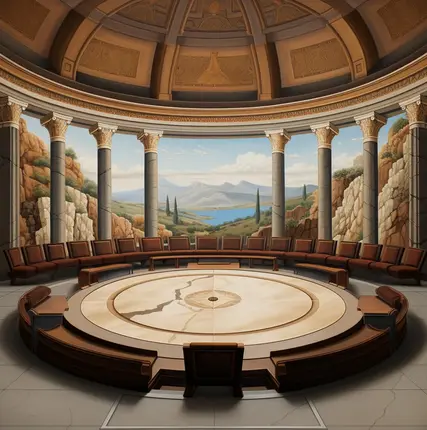

Well, their customers are PC gamers so it makes sense to target them. Not all gamers build their PC themselves (I’d say most don’t as I have built most of my friends pc). Having a plug and play solution, without risk of hardware/driver/software issues, can be attractive to some. The market for these is not hardcore gamers, but couch gaming.
But if the hardware is more expensive than a pre-built, no one will buy it.
They said in interviews that some steam deck users primarily use it docked to a TV (like I do), and that showed them there is a market for such devices.





deleted by creator